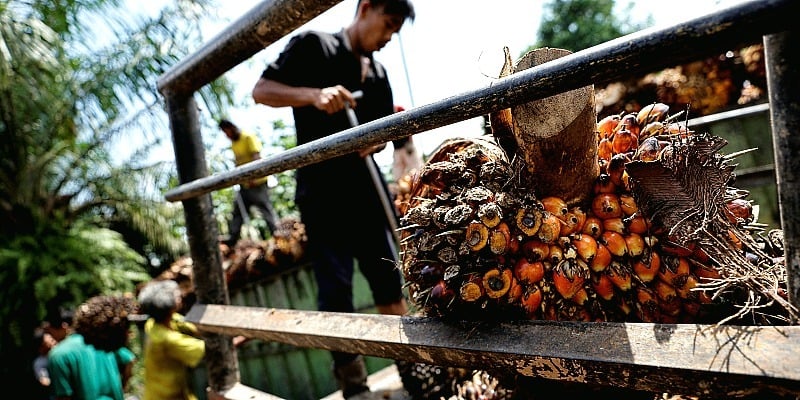
As Indonesia and Malaysia account for almost 90 percent combined of the world’s palm oil production and this commodity plays a very important role in their economies, supplying almost 50 percent of the global vegetable oil, the two countries should have been able to come together to become a leader in the edible oil market.
But we observe both countries have yet to prove they can fully work together in an atmosphere of mutual trust even six years after they established the Council of Palm Oil Producing Countries (CPOPC), which many in the advanced countries see as a cartel-like organization.
We were encouraged therefore when President Joko “Jokowi” Widodo and Malaysia’s new Prime Minister Anwar Ibrahim announced after their first summit meeting in Jakarta earlier last week that both countries would fight discriminative trade policies against palm oil and expressed commitment to strengthening cooperation through the CPOPC.
Judging from the vision and mission of the CPOPC, this organization should be the most appropriate forum for both countries to jointly promote the marketing of palm oil and its products, conduct palm oil research and development and harmonize the principles and criteria used for the certification of sustainable palm oil.
Stronger cooperation with mutual trust has become more imperative now as palm oil has increasingly encountered protectionist policies in advanced countries due to the perception, nurtured by decades of campaigns by green NGOs, that oil palm plantation expansion had allegedly been one of the main drivers of deforestation.
The European Union will soon enforce its deforestation regulation which bans palm oil and its derivatives that do not meet the EU-set sustainability standards from entering the EU market. The United States and several other advanced countries also have proactively addressed environmental issues through trade policies.
There are actually no fundamental reasons, nor big differences, preventing Indonesia and Malaysia from building strong mutual trust and cooperation in this industry because several Malaysian companies have been big players in Indonesia’s palm oil industry since 1998 and hundreds of thousands of Indonesian laborers work on Malaysian oil palm estates.
The two countries acknowledge the significant contribution of the palm oil sector in generating export revenue, raising the income level of rural small farmers, addressing poverty and creating employment and new business opportunities.
We think the CPOPC also has rightly set its top priority working programs in six areas for producers’ mutual interests, namely sustainability of palm oil, productivity of smallholders, research and innovation, industrial cooperation to create value-added, technical regulations and standards and trade policy issues. But the CPOPC secretariat should be strengthened with more resources to support the council’s operations.
What is still missing is mutual trust. Without mutual trust, it would be difficult for both countries to fully cooperate in implementing the CPOPC six priority programs. And we should magnanimously acknowledge that the main barrier to mutual trust is the international perception that when it comes to the deforestation issue, Indonesia’s reputation is more notorious than Malaysia’s.
Indonesia therefore should improve its forest protection to encourage Malaysia to tie in to stronger cooperation with Indonesia to promote sustainable palm oil in the international market and in campaigns to counter negative campaigns against palm oil.
ADVERTISEMENT
ADVERTISEMENT








































